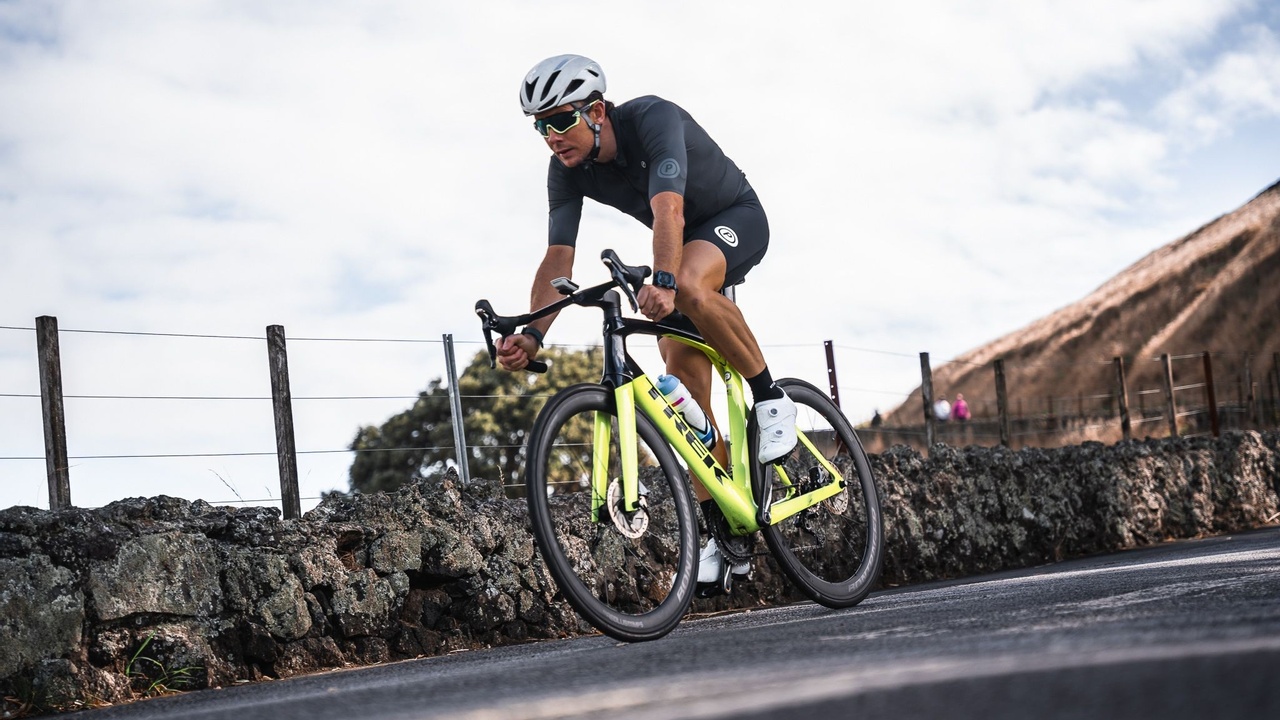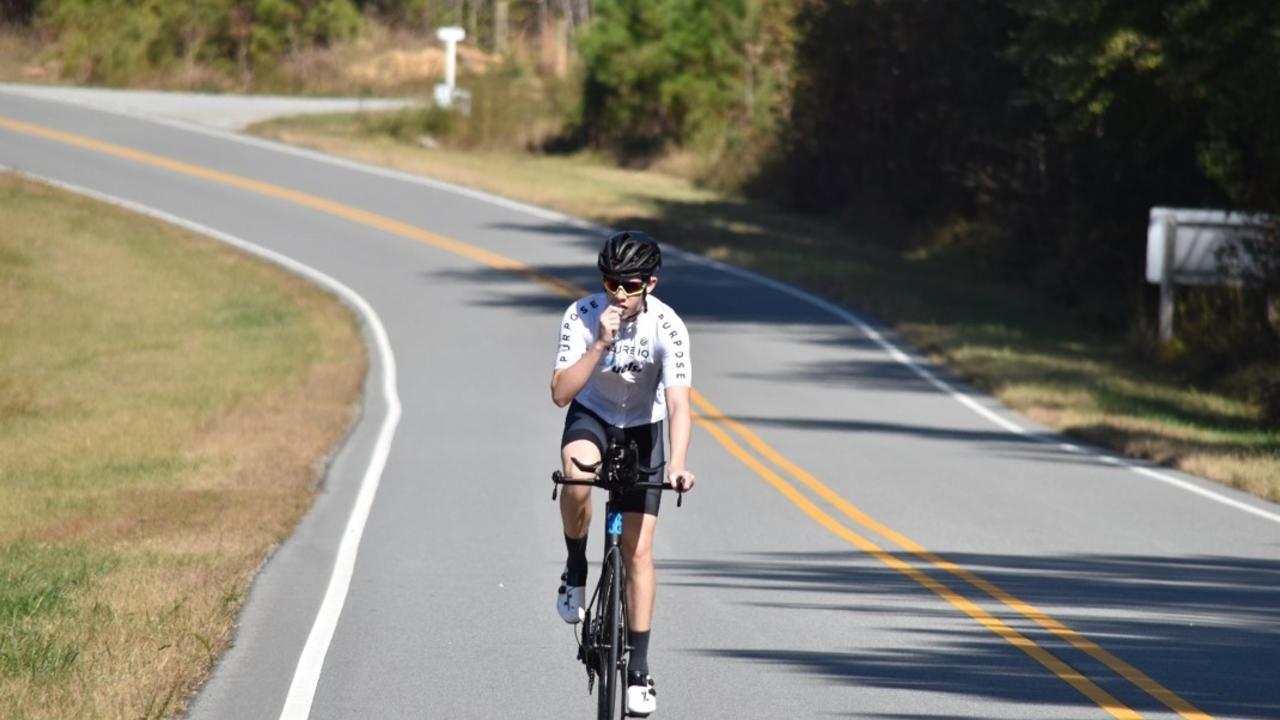Training intensity distributions: From Polarized to Pyramidal models, specificity is key in Long Distance Triathlon

By Dr. Dan Plews
In the Ironman community, there is a lot of talk about training intensity distribution. In this blog, I am going to cover some of the basics around training intensity distribution, which is one of the key concepts you need to navigate in building up to your race.
What is training intensity distribution?
So, before we can even think about discussing the right training intensity distribution when preparing for an Ironman, it is first important to make absolutely sure we know what the term means. Essentially, when we refer to training intensity distribution, we are talking about how much of the time we spend in different physiologically based training intensity zones. Whilst there is a range of different training zone models, the simplest and most applicable is probably the three-zone model, which is the one we use to quantify training intensity distribution. In the three-zone model, you have two training zone ‘thresholds’, which we refer to as the “lactate threshold” ...
CHO Supplementation for High Intensity Training in LCHF Long-Distance Triathletes: When and How

-Dr Dan Plews
By now, I hope all of our current and past LDT101 course enrolees are convinced of how important it is to maximise your capacity to make use of your effectively unlimited fat energy stores during long distance triathlon. As Prof. Grant nicely puts it during the course introduction in Endure IQ LDT101: The Practical Application of Low Carbohydrate Performance for Long Distance Triathlon, “the devil is in the detail!”. In this blog post, I am going to describe specific training situations in which using a small “carbohydrate booster” might be a useful tool in getting the best adaptive bang for your buck.
Background
As we have discussed previously, one of the main anxieties endurance athletes have before making the move to LCHF, is the possibility of suffering a loss of high-intensity performance. The strategy we set out in LDT101 should go some way to alleviating these anxieties but it is no secret that being able to access carbohydrate energy stores is importa...
VIDEO: Low Carb Triathlon Training - Latest Research Findings from Dr Dan Plews
In this video, Dr Dan Plews gives an overview of his latest research (12 week very low carbohydrate (<50g) sports performance study) involving low carbohydrate diets (<50g) in recreationally trained athletes. This study is unique, as to our knowledge, it's one of the longest Low Carb High Fat (LCHF) studies conducted.
Watch the video to get Dan's take on the Low Carb Triathlon training needed, and understand what this data means for those LCHF athletes training for Long Distance Triathlon!
Click here for more information on our online course Endure IQ LDT101: The Practical Application of Low Carbohydrate Performance for Long Distance Triathlon.
